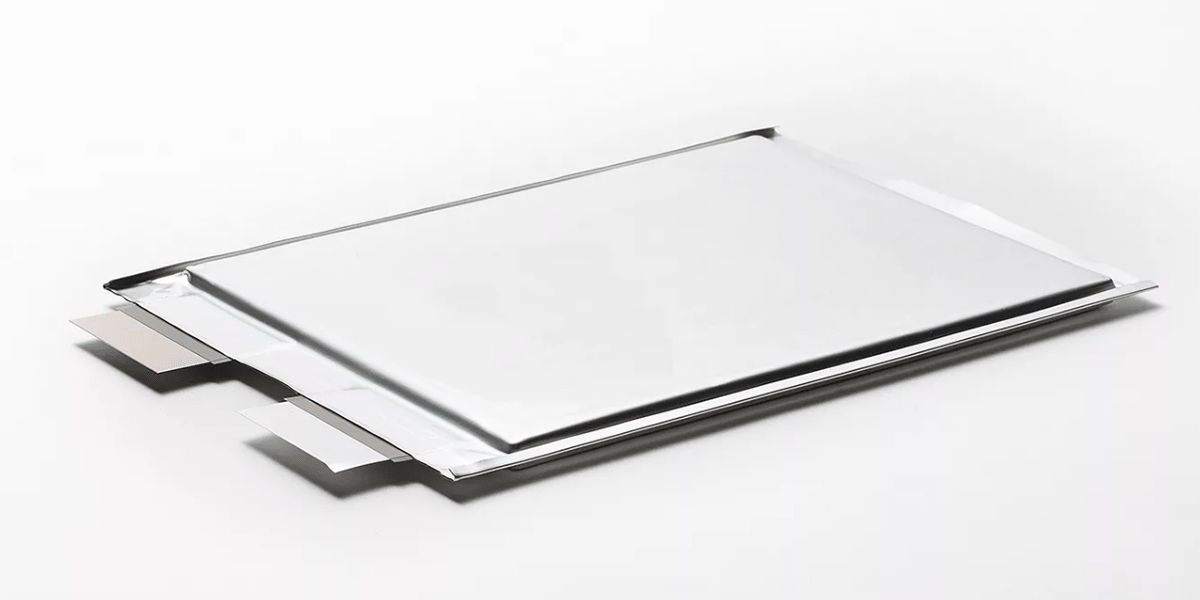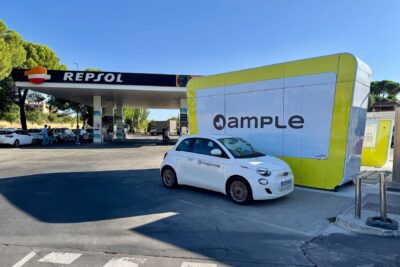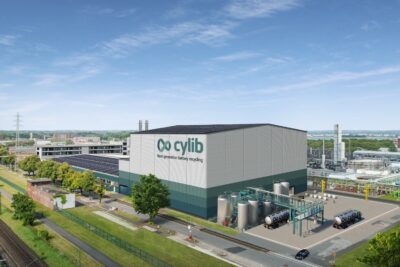South Korea to invest in battery industry
South Korea’s government wants to support domestic battery manufacturers with billions of dollars in investment. Not only the well-known industry giants such as LG Energy Solution, Samsung SDI or SK Innovation are to benefit from this, but also smaller companies. Concrete targets for individual battery technologies have also been set.
By 2030, manufacturers like LG Energy Solution, Samsung SDI and SK Innovation want to invest around 40 trillion won (30 billion euros) – in research and development, but also in production. The government is to help with this via tax incentives and other support, as shown in the “K-battery strategy” now published as a public-private partnership.
“The K-battery industry is an essential industry that will open the door to the future,” South Korean President Moon Jae-in said at an event at LG Energy Solution’s battery plant in Ochang. “It’s an industry where we have been taking the global initiative, and it’s a field where we have to a secure a greater initiative.” Representatives from rivals SKI and Samsung SDI also attended the event.
The South Korean battery makers are among the industry leaders, but companies such as CATL from China had recently broken the supremacy. “The global competition is just getting started, as the US, Europe and China are making moves to establish their own manufacturing infrastructure, battery technologies and supply chains,” an industry ministry official added. “The next five years will decide the standing of each country in the global battery market.” He went on to speak martially of an “all-out war” for which they have devised a comprehensive strategy.
The billions of dollars of investment mentioned are intended to achieve the three main goals of the plan: securing unrivalled battery technologies, building a robust ecosystem and creating new markets. As announced at the event, according to the “K-Battery Strategy”, lithium-sulphur batteries are to be commercialised by 2025, solid-state batteries by 2027 and lithium-metal batteries by 2028. A ‘Battery Park’ is to be built by 2026, where researchers can develop and test next-generation batteries.
South Korea announced a similar strategy for the semiconductor industry in April. The government also sees this industry as playing a key role in the country’s economic development – the same applies to vaccines. That South Korea wants to promote the battery industry in connection with electromobility had already become apparent in February. At the time, a government initiative to close ranks with the car industry was concluded with the goal to reduce the prices for electric cars by the equivalent of at least 7,500 euros by 2025. Part of this effort is a focus on cheaper batteries.





2 Comments